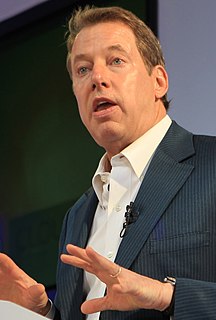A Quote by Scott Pruitt
EPA will set a national standard for greenhouse gas emissions that allows auto manufacturers to make cars that people both want and can afford - while still expanding environmental and safety benefits of newer cars.
Related Quotes
Today, natural gas now outstrips coal as the leading provider of electricity in America. If this is as big as people believe it is, natural gas will soon be powering trucks and marine ships. Maybe even standard commercial cars that people use at home through compressed natural gas, other gas to liquids. The potential is there for more energy independence by America and a reliance on cleaner fuel - natural gas emits half as much as coal, in terms of carbon emissions. That's a real bounty.
CO2 is a minor player in the total system, and human CO2 emissions are insignificant compared to total natural greenhouse gas emissions. Therefore, lowering human CO2 emissions will have no measurable effect on climate, and continued CO2 emissions will have little or no effect on future temperature....While controlling CO2 emissions from burning fossil fuels may have some beneficial effects on air quality, it will have no measurable effect on climate, but great detrimental effects on the economy and our standard of living.
Health care in the United States is responsible for a tremendous amount of waste and a significant amount of greenhouse gas emissions. For every hospital bed, the American health care system produces about 30 pounds of waste every day; over all, it accounts for about 10 percent of national greenhouse gas emissions.
































